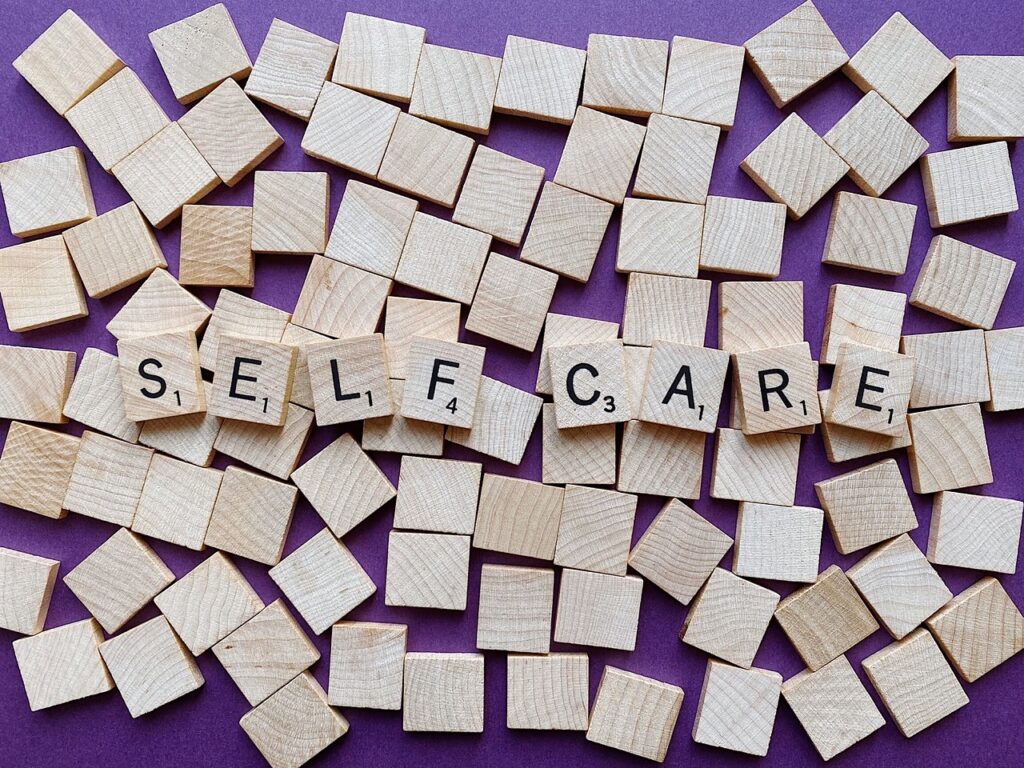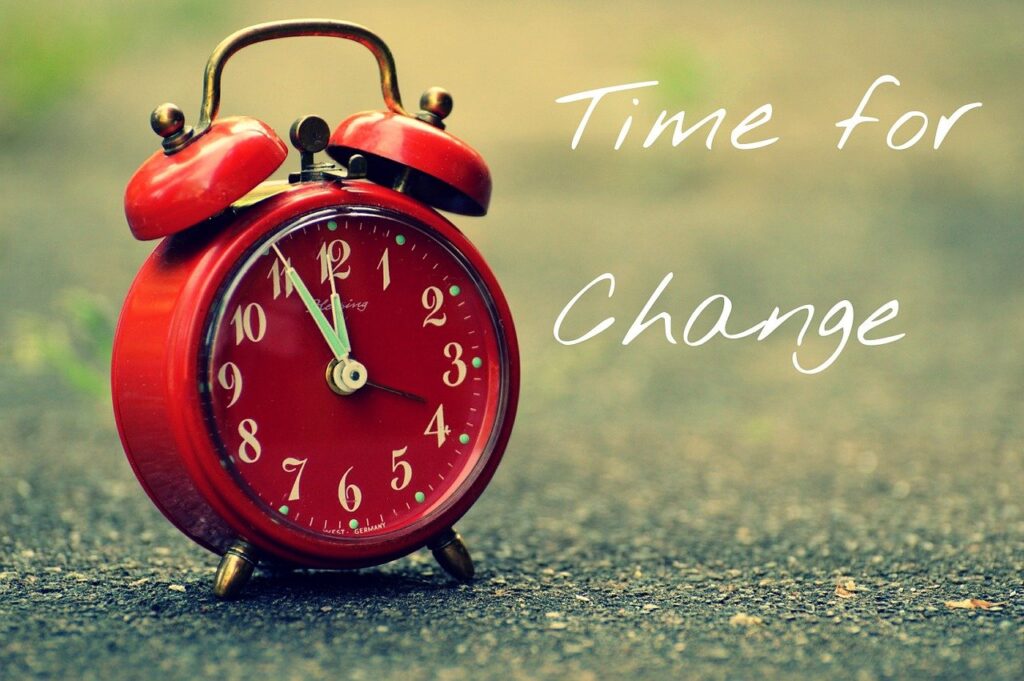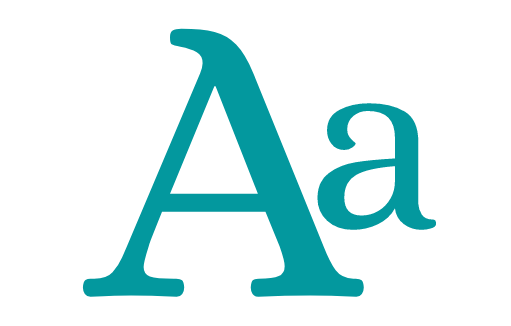What is the different between Psychology and Health.
Psychology and Health will always differs according to what you really understand about them, In the world of psychology and health, there is an untold power that lies within each individual – the power of self-knowledge. Understanding oneself beyond what others tell us is crucial for mental and physical well-being. By delving into the depths of our own minds, we can unlock the secrets to a happier and healthier life.
The Foundation of Self-Knowledge in Psychology

At its core, self-knowledge encompasses the intricate understanding of one’s own attributes, including emotions, motives, desires, and behaviors. Psychology positions this self-awareness as the bedrock upon which personal development and mental health are built. It serves as a mirror, reflecting the innermost layers of our psyche and enabling a clearer vision of our authentic selves. Through cultivating self-knowledge, individuals are afforded a unique vantage point from which to examine their thought patterns, emotional responses, and the motivations behind their actions.
This introspective journey is pivotal for identifying personal strengths and areas for growth, facilitating a pathway to self-improvement and psychological resilience. By fostering a deep connection with oneself, it becomes possible to navigate life’s myriad challenges with greater ease and confidence. Furthermore, self-knowledge empowers individuals to make decisions that are in alignment with their true selves, rather than being swayed by fleeting emotions or external pressures.
It encourages a form of self-consultation that is invaluable in crafting a life that resonates with one’s personal values and aspirations. In the realm of psychology, the pursuit of self-knowledge is not merely an exercise in self-indulgence but a necessary endeavor for achieving a balanced and fulfilling existence. Through the lens of self-knowledge, we are invited to embark on a transformative journey of self-discovery, where the ultimate destination is a more profound and compassionate understanding of who we truly are.
Navigating the Noise: Techniques to Quiet External Influences
In an age where external stimuli incessantly bombard us, finding tranquility and reconnecting with our inner selves is imperative for fostering self-knowledge. A variety of practices can aid in silencing the external clamor, thus allowing us to delve deeper into our personal psyche. Mindfulness stands out as a profound technique, where the practice of being fully present and engaged in the moment without judgment can significantly reduce the noise of everyday life.
Meditation, in its various forms, also serves as a powerful tool to achieve mental clarity and focus. It offers a sanctuary for the mind, creating a space where thoughts can be observed without attachment, facilitating a deeper understanding of our emotional and mental patterns.
Journaling is another invaluable practice, providing a tangible way to explore our thoughts and feelings. By putting pen to paper, we can articulate and process our internal experiences, which might otherwise be muddled by the external world’s demands. This act of self-expression can uncover insights about our desires, fears, and dreams, contributing to a richer sense of self-awareness.
Employing these techniques consistently can create a buffer against the distractions and pressures that pervade modern life. As we cultivate a habit of turning inwards, we enhance our ability to distinguish between what truly resonates with our authentic self and the external voices that seek to define us. This discernment is crucial in navigating life’s complexities with a sense of inner peace and confidence, ultimately reinforcing our journey towards profound self-knowledge.
The Role of Reflection in Understanding the Self.

Reflection serves as a critical mechanism in the exploration and understanding of our internal world. It is through reflective practices that we can sift through our daily experiences, distilling them into insights and lessons that contribute to a more nuanced understanding of our personalities and behaviors. Engaging in reflection enables us to pause and consider our reactions to various situations, our interactions with others, and the alignment of our actions with our values and goals. This deliberate introspection can illuminate patterns in our thoughts and behaviors, revealing areas where we may be acting incongruently with our authentic selves.
Incorporating reflection into our routine can take many forms, from meditative practices that encourage a mindful review of the day’s events to structured reflective writing that probes deeper into our emotional responses and decision-making processes. These practices not only aid in self-awareness but also foster an environment where personal growth is nurtured. Through reflection, we can identify the triggers that elicit strong emotional reactions, understand the root causes of our fears and anxieties, and recognize the joyous moments that truly resonate with our core selves.
The act of reflecting is not about dwelling on the past but rather learning from it to make informed decisions for the future. It encourages an honest dialogue with oneself, fostering a relationship built on self-compassion and understanding. This process is essential for anyone committed to personal development and seeking to live a life that is both meaningful and authentic. Reflection, therefore, is not just a practice but a pathway to deeper self-knowledge and, ultimately, to living in harmony with oneself.
The Impact of Relationships on Self-Perception
Interpersonal connections profoundly influence our self-conception and self-esteem. The feedback and interactions we have with those around us can serve as mirrors, reflecting back at us aspects of ourselves we may not readily see. For instance, positive reinforcement from our peers can bolster our confidence, while negative comments may lead us to question our worth or abilities. This dynamic underscores the importance of surrounding ourselves with supportive individuals who see and affirm our true selves.
Engaging in healthy relationships requires a conscious effort to communicate effectively, show empathy, and respect each other’s boundaries. These interactions not only enrich our lives but also reinforce a positive self-image by validating our feelings and experiences. Conversely, toxic relationships that are marked by constant criticism, lack of support, or abuse can severely damage our self-perception, leading to diminished self-esteem and even a distorted view of our own identity.
To mitigate such negative impacts, it’s essential to cultivate a strong foundation of self-knowledge. Understanding our own worth and values empowers us to draw boundaries and choose relationships that uplift and support us. Moreover, self-awareness allows us to distinguish between constructive feedback that can foster personal growth and destructive criticism that undermines our self-confidence.
As we navigate through various social interactions, it’s crucial to remember that the perceptions others have of us are not definitive of our worth. By maintaining a solid sense of self rooted in self-knowledge and choosing our relationships wisely, we can ensure that our self-perception remains positive and grounded in reality.
Embracing Change: The Dynamic Nature of Self-Knowledge

The journey toward self-knowledge is perpetually marked by growth and transformation. As life unfolds, it brings about changes that impact our beliefs, values, and understanding of who we are. These shifts are not mere obstacles but opportunities to deepen our self-awareness. Each new experience, challenge, or phase in life invites us to reassess and expand our perceptions of ourselves. It’s through these moments of transition that we can uncover previously unrecognized aspects of our character, strengths, and areas for development.
Adopting an attitude of openness towards change is fundamental in this process. It encourages us to venture beyond our comfort zones and engage with the world in ways that challenge our existing self-concept. This exploratory stance can unveil new passions, talents, and capacities within us, enriching our sense of identity and purpose. Furthermore, it allows us to adapt to life’s inevitable fluctuations with grace and resilience, knowing that our core self is both steadfast and capable of evolution.
Critically, this dynamic approach to self-knowledge acknowledges that we are not fixed entities but rather beings in constant flux. It prompts us to remain curious about ourselves and the world around us, ensuring that our journey of self-discovery remains vibrant and ongoing. As we embrace the changing nature of self-knowledge, we pave the way for continuous growth, enabling us to meet life’s vicissitudes with an ever-evolving understanding of who we are.
Practical Applications of Self-Knowledge in Daily Life
Harnessing the insights gained from self-knowledge can profoundly influence our daily decisions and behaviors, leading to more intentional and satisfying lives. For instance, understanding our emotional triggers and stressors enables us to develop coping strategies that mitigate negative reactions and enhance our resilience. By recognizing our preferences and values, we can make career choices and engage in hobbies that align with our authentic selves, fostering a sense of fulfillment and joy.
Self-knowledge also plays a crucial role in our interactions with others. It empowers us to communicate our needs and boundaries more effectively, contributing to healthier and more meaningful relationships. Additionally, this deep understanding of oneself facilitates a proactive approach to personal development. We can identify areas where we wish to grow and actively seek out opportunities for learning and self-improvement.
Moreover, self-knowledge allows us to navigate life’s challenges with greater self-compassion and patience. Acknowledging our limitations and celebrating our strengths promotes a balanced self-view that encourages self-acceptance and fosters a positive self-image. Incorporating self-knowledge into our daily lives is not a one-time effort but a continuous practice. It requires mindfulness, reflection, and a willingness to act on the insights we uncover. Through consistent application, self-knowledge becomes a compass that guides us toward more authentic and rewarding life experiences.

